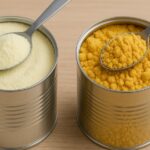In this article, we’ll explore 11 common cooking mistakes that many people may make without realizing it. But don’t worry, professional chefs have shared their secrets to overcoming these issues. Discover how to turn kitchen mishaps into successes with their handy tips!
1. Washing Chicken with Water
It’s common to rinse chicken under the tap before cooking, but food safety experts advise against it.
Why shouldn’t you wash chicken with water?
It increases the risk of cross-contamination: Rinsing chicken can spread bacteria to your sink, cooking utensils, and other foods, increasing the risk of salmonella and campylobacter infections.
It doesn’t remove bacteria: Washing chicken won’t eliminate bacteria; instead, it may spread them. The only way to kill harmful bacteria is to cook the chicken at a minimum temperature of 165°F (74°C).
If you buy chicken from a reliable source, there’s no need to rinse it before cooking.
Chef’s Solution: Instead of washing chicken with water, try soaking it in milk to tenderize and enhance its flavor.

2. Overcrowding the Pan
Putting too many ingredients in the pan at once causes them to steam instead of sear, resulting in soggy food without a crispy crust.
Solution:
– Cook in batches: Chefs recommend cooking in smaller batches to allow space for food to contact the pan, ensuring even cooking and attractive colors.
– Choose the right pan size: Use a pan large enough to accommodate the ingredients in a single layer, avoiding overlap.

3. Not Bringing Ingredients to Room Temperature
Using ingredients straight from the fridge can affect the texture and flavor of your dish.
Solution:
Prepare in advance: Chefs suggest taking eggs, butter, cheese, and other ingredients out of the fridge at least 30 minutes before cooking for optimal flavor and texture.
Adjust cooking time: If you forget to bring ingredients to room temperature, you may need to adjust the cooking time slightly to ensure even cooking.
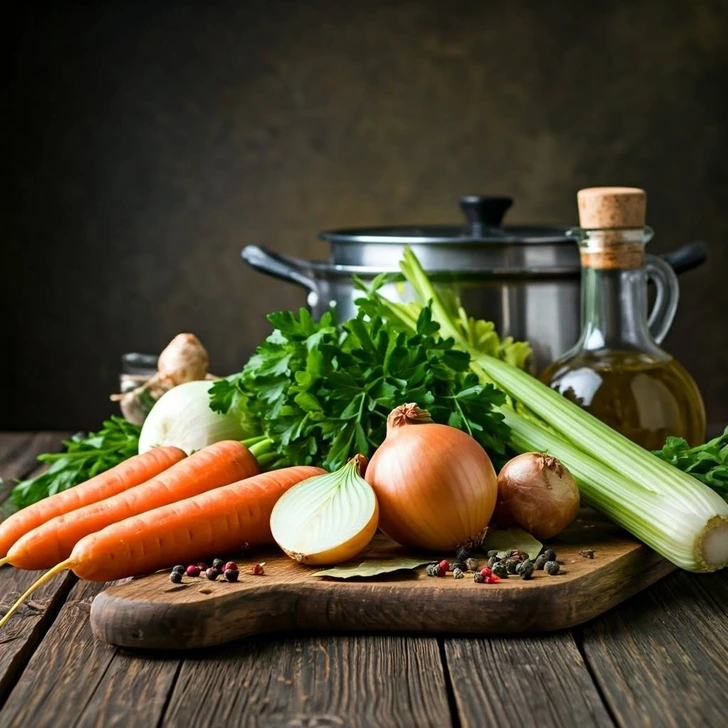
4. Overcooking Vegetables
Boiling or steaming vegetables for too long makes them soggy, dulls their color, and reduces their nutritional value.
Solution:
– Blanching: Quickly blanch vegetables in boiling water for a few seconds, then plunge them into cold water to retain their bright green color and crispness.
– Sautéing: Use a little olive oil to sauté vegetables to maintain their crispness, enhance their color, and boost their flavor.
Chefs recommend keeping vegetables slightly crisp instead of overcooking them.
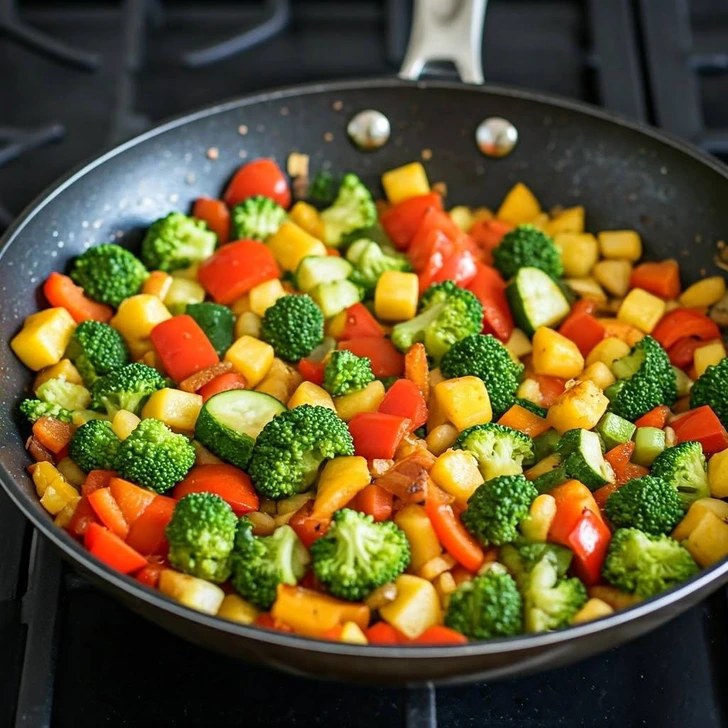
5. Using the Wrong Type of Salt
Different types of salt have varying densities and flavors, so using them interchangeably can affect your dish’s taste.
Solution:
Understand salt varieties: Table salt, kosher salt, and sea salt differ in grain size and flavor. Chef Alice Waters recommends using kosher salt for daily cooking as it has a pure flavor and is easy to control.
Adjust measurements: When substituting one type of salt for another, pay attention to the difference in saltiness. For example, a teaspoon of table salt will be saltier than a teaspoon of kosher salt.
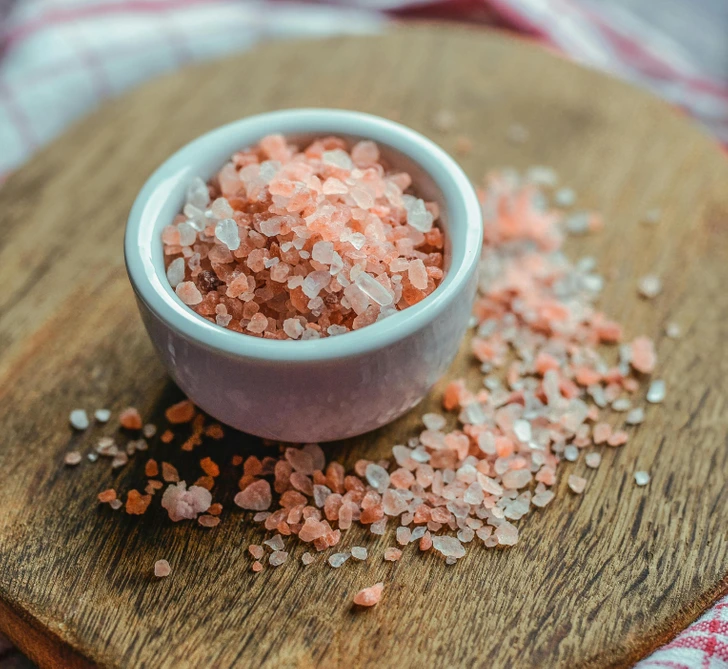
6. Not Resting Meat After Cooking
Cutting meat immediately after cooking causes the juices to run out, resulting in dry meat.
Solution:
– Rest the meat: After cooking, let the meat rest for at least 5-10 minutes before slicing. This allows the juices to redistribute, keeping the meat tender and juicy.
– Cover with foil: To keep the meat warm while resting, loosely cover it with foil.
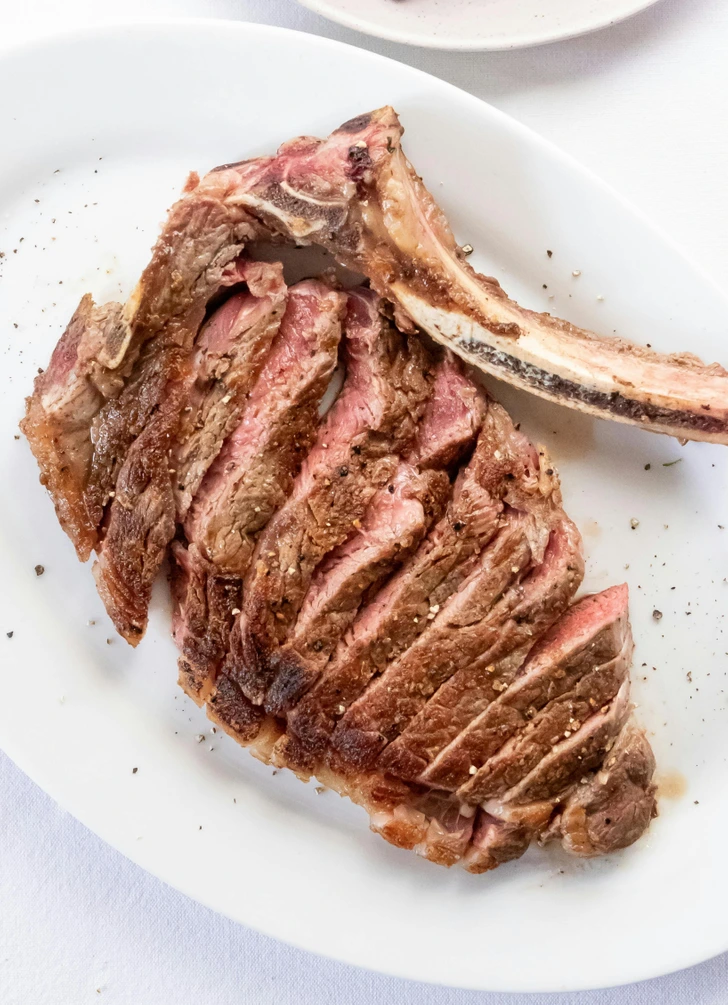
7. Over-mixing Dough
Over-mixing activates gluten development, making baked goods tough and dense.
Solution:
– Mix just enough: Only mix the dough until the ingredients are combined; avoid overworking it. This results in a softer texture.
– Mix gently: When incorporating ingredients like flour or chocolate chips, use a gentle motion to avoid toughening the dough.
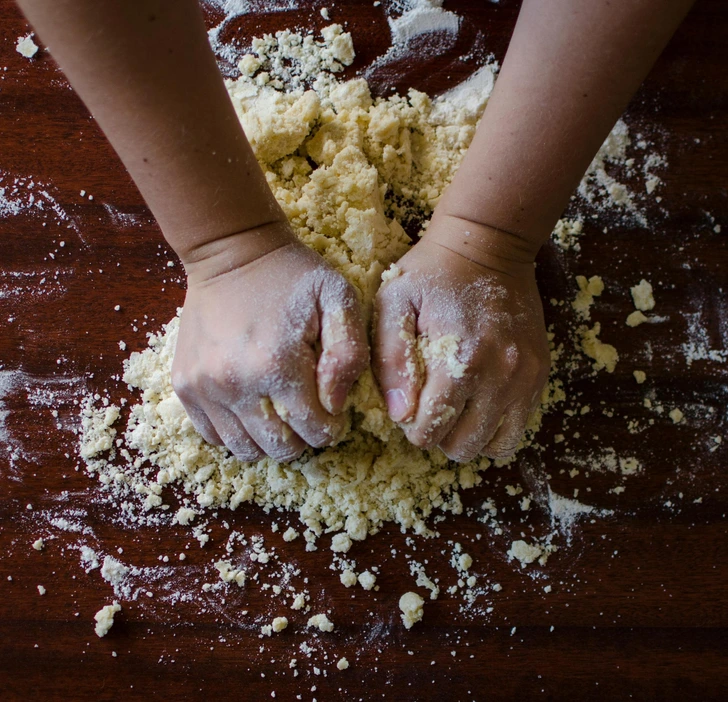
8. Not Soaking Vegetables in Cold Water for About 10 Minutes Before Use
Wilting vegetables can make your salad less appealing.
Chef’s Tip: For a crisp, fresh salad, soak vegetables in cold water for about 10 minutes before use. This simple trick helps vegetables regain their texture and enhances their natural flavor.
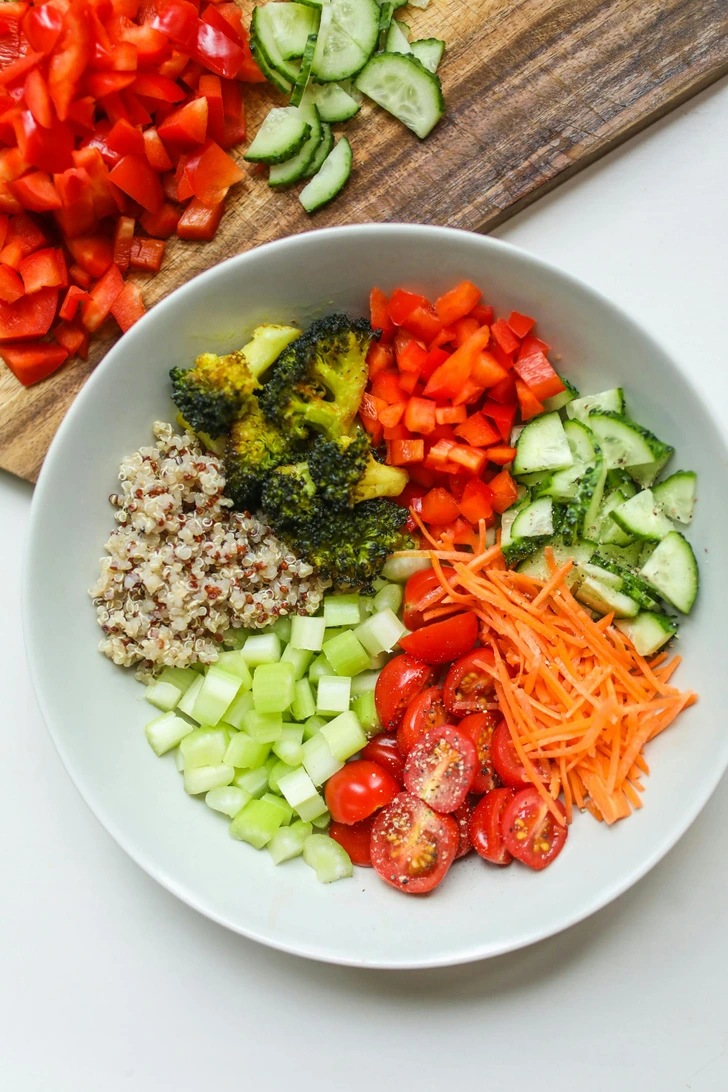
9. Not Adjusting Recipes for High Altitude
Cooking in areas with high altitudes can affect cooking times, baking temperatures, and the behavior of ingredients like yeast and baking powder.
Solution:
Learn to adjust: Research how to adjust recipes for the altitude where you live. For instance, you may need to increase the baking temperature and reduce the baking time.
Experiment and observe: Take notes on what works and what doesn’t, and be prepared to experiment with different techniques and ingredient ratios.
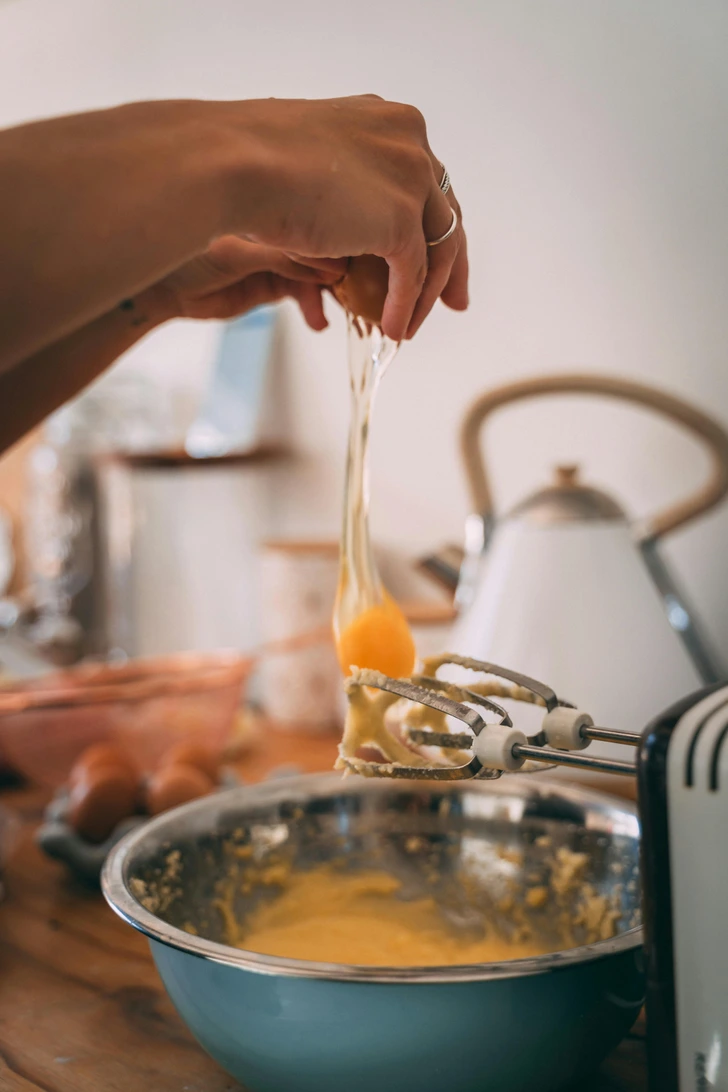
10. Not Cleaning as You Cook
A cluttered kitchen can make cooking stressful and less enjoyable.
Solution:
– Clean as you go: Develop the habit of cleaning while cooking. This not only keeps your kitchen tidy but also makes the cooking process more efficient.
– Stay organized: Keep utensils and ingredients neat and within reach to save time and stay focused on cooking.
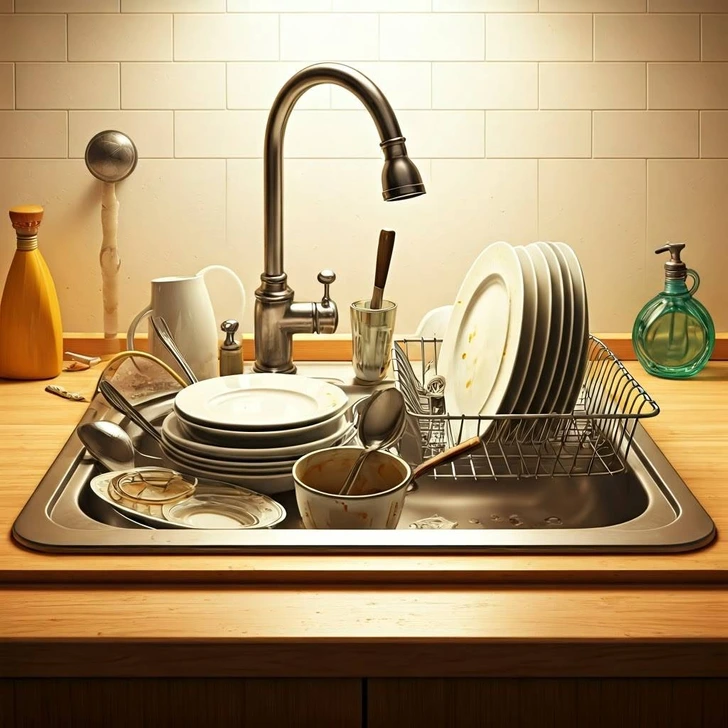
11. Adding Oil Directly to Mushrooms
Many people add oil first when cooking mushrooms, but mushrooms release a lot of water when heated. If you add oil first, the mushrooms will absorb the water and steam instead of getting a crispy crust. Additionally, the water from the mushrooms can cause the oil to splatter, making the cooking process unsafe.
Moreover, soggy mushrooms won’t develop the desired flavor from the browning process.
Solution:
Dry sauté: Heat the pan to medium-high, then add the mushrooms without oil. Once the mushrooms release their water and it evaporates, they will start to brown.
Add oil later: When the mushrooms are dry and beginning to brown, add a little oil or butter to finish cooking, giving them a delicious caramelized crust.
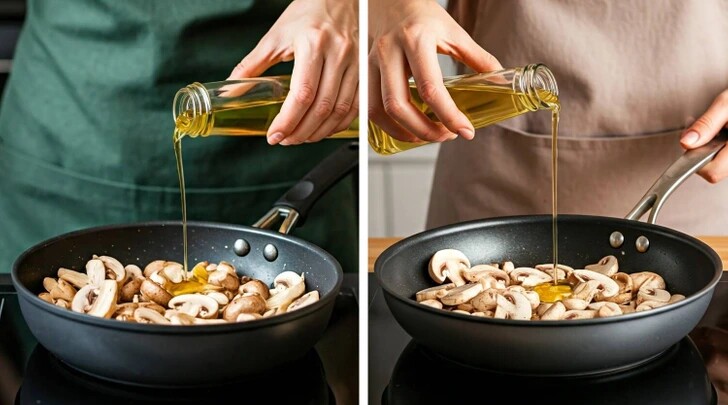
Season at the right time: Add salt and other seasonings after the mushrooms start to brown. This helps draw out moisture and intensify their flavor.































